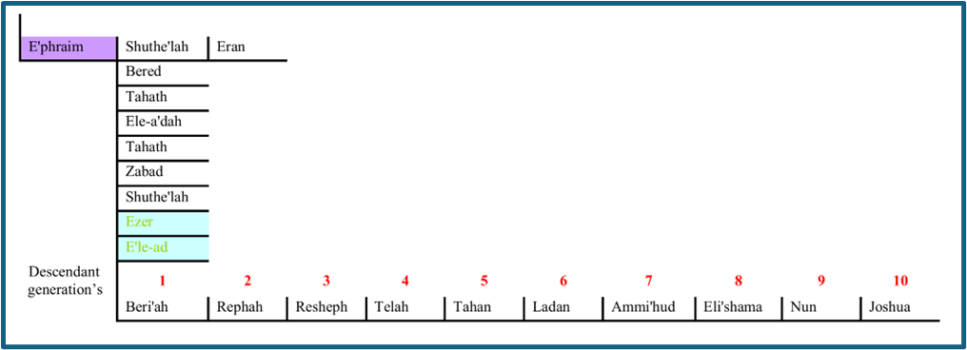No, that is not the case. All these things do not include the fall of the temple buildings in any way, shape or form. All these things would be the things that occur just before Jesus comes at the end of the age when the elect are gathered and that has not occurred yet.
GRAMMATICALLY it does. According to your subjective frame work it doesn't.
Wrong. You're just making baseless claims here. Nothing more.
Argue it Grammatically then. There should be clear grammatical clues for multi thousand year gaps within the events of the olivet discourse. You know, like the clear grammatical gap within the 70 week prophecy (this last part was sarcasm).
It doesn't matter what they might have believed. Jesus said no one knew the day or hour of His coming. What day and what hour did He come in 70 AD?
Audience relevance is important for proper exegesis. It does matter what they believed. So can you provide even 1 scripture that clearly states the coming on the clouds would not occur within Jesus' contemporary audience?
LOL. You need to stop saying things like this as if I care at all what you think about that. I don't. I don't believe that you have a proper grasp on what constitutes proper exegesis. No one who believes in preterism has the authority to tell anyone else what is proper exegesis.
You can disagree with me all you want on my negotiation of the "nature" of Matthew 24:29-31. But so far you have provided zero contextual, grammatical, or linguistical rebuttals. All you have provided is that "the coming on the clouds" didn't happen in 70ad according to YOUR framework, therefore you can insert subjective multi thousand year gaps between events where you deem fit. That argument doesn't rebut nor address my argument.
LOL. You are a slave to men's fallacious imaginations. I don't need anyone else to tell me how to properly interpret scripture.
Subjective argument. I could say the same thing about you.
Say what now? There is no way anyone can reasonably argue that Matthew 24:1-3 is about anything but the temple buildings standing at that time
I absolutely agree, but some premils will argue that, by IMPORTING THEIR FRAMEWORK ONTO THE TEXT prior to understanding the passage in its own context.
They both are accounts of the Olivet Discourse. We need to look at both of them along with Mark 13 to get the full picture of what Jesus said in His discourse.
Over harmonization fallacy.
Actually, it's Luke 21:32 that is directly parallel to Matthew 24:34, not Luke 21:36. Would you try to say the same thing about Luke 21:32 and Matthew 24:34?
I'll say the same thing I've been saying. Luke 21:32 or 36 antecedents are found in luke 21. Matthew 24:34 antecedents are found in Matthew 24.
LOL. Your comments truly crack me up. You really think you are the UTLIMATE AUTHORITY on proper exegesis, but you most certainly are not.
Right back at ya.
You know how I interpret the Olivet Discourse by now, don't you? I've told you multiple times. I see Matthew 24:15-22 as relating to 70 AD and the rest to His future coming at the end of this temporal age.
Right, you need to insert subjective made up gaps, where none exist Grammatically, in order to support your framework.
Right. But, what things? Literally everything He previously mentioned? No. That's why I bring up Luke 21:36 where He talks about praying to be worthy to escape all these things that would come to pass. He can't possibly have been talking about literally all of the things He previously mentioned there.
The antecedents to "all these things" in Luke's olivet discourse sound like things believers should pray they have the strength to escape.
Wrong. That can't possibly be true. Jesus did not come in 70 AD. There was no gathering of the elect in 70 AD. The old covenant did not end in 70 AD. Unless you can show scripture teaching those things, your interpretation of the Olivet Discourse can't hold up.
Not according to your subjective framework.
My "negotiation" includes taking ALL of scripture into consideration.
So does mine, its just a different framework than yours based on the contextual, grammatical, and linguistical analysis of the olivet disourse - this generation will not pass away until all these things happen.
I don't lie on this forum. Ever. Maybe I misunderstood what you said, but I asked you before how spiritual discernment factors in to how you interpret scripture and I referenced 1 Corinthians 2:9-16, and you seemed to indicate that it's not a factor in how you interpret scripture. So, clarify it for me now. What role does spiritual discernment from the Holy Spirit play in your interpretation of scripture?
So you just write things that may not be true about someone personally because you didn't understand? As to your question on role. It's through prayer, reflection, and study that the holy spirit guides us to understand the spiritual things of scripture - loving God and your neighbor (and who is thy neighor?) is greater than temple sacrifices; the death, resurrection, and ascension of the messiah brought about salvation, not an earthly war lord looking to set up an earthly kingdom; the kingdom of God is not of this world; etc....
Last edited:


